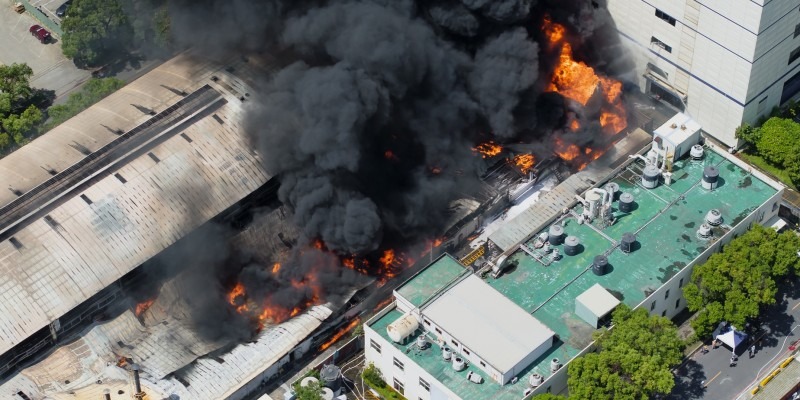
In the event of a break-in, flood or fire, many business owners mistakenly believe that all will be put right by their property insurance. However, while their buildings and contents policies will normally take care of any initial damage caused by an unforeseen event, they offer no protection against the financial losses incurred by the business during what is often a sustained period without trading. It’s no exaggeration to say that, for a significant number of companies without business interruption (BI) insurance, an event that interrupts their business can actually put an end their business.
What is business interruption insurance?
BI insurance covers the potential loss of income incurred by a business following a flood, fire or other unexpected event. The aim is to restore your business to a position in which it is no worse off than it was before the event.
Under your BI policy, your insurance provider will settle the cost of any repairs that are required or stock or equipment that needs to be replaced. BI insurance covers the cost of your fixed overheads and loss of profit, safeguarding your business's future.
Flooded buildings – usually caused by burst pipes or collapsed water tanks – often take between two and six months to dry out. Replacing technical machinery could demand a similar time frame. If you’re unable to operate during that period, not only will you lose revenue, you also risk losing members of staff, customers and suppliers.
How does business interruption insurance work?
There are three main types of BI insurance available:
- Gross profit-based interruption insurance – this usually applies to businesses that hold stock or are manufacturers, and covers your fixed overheads and the loss of profit following a reduction in turnover.
- Gross revenue-based business interruption insurance – this relates to a manual or service-based risk. A good example of that would be a care home. It doesn't manufacture anything, but its got assets and is providing a service. If the business property is damaged by a flood, fire or other incident, staff can't easily provide that service at another building nearby, so gross revenue-based BI insurance would protect the care home’s income while it got back on its feet operationally.
- Increased cost of working insurance – rather than loss of profit or revenue, this covers the increased cost associated with relocating to new premises, often by clerical businesses. For example, that could be setting up IT systems and utilities or going through temporary lease agreements.
Additional increased cost of working insurance
Available as an extension of gross profit and gross revenue-based policies, additional increased cost of working insurance provides cover for the associated reasonable extra financial outlay needed to keep the business going. One example would be outsourcing the manufacture of a product to another business to fulfil a contract.
Like increased cost of working policies, additional increased cost of working insurance covers the associated, additional cost of temporary premises, utilities and IT services, but it also takes care of specialists to install machinery used in the manufacturing process and even the hire of temporary equipment.
Indemnity periods
If your average monthly turnover was £100,000 before an incident and your turnover is £50,000 a month after the incident, your business interruption insurance will top that up. It will make up the shortfall between your previous revenue and the revenue you earn when you start trading again. But that’s dependent on choosing a suitable indemnity period for your cover, because BI insurance isn’t unlimited: it’s provided with 12-, 24- or 36-month indemnity periods.
For example, if you take out a 12-month indemnity period and make a claim on day 360 of your policy, you're only going to receive BI insurance cover for five days. That’s why you may want to consider a 24-month indemnity period, because if your claim happens on day 365 of your policy, you're still protected by 12 months’ BI insurance cover.
Do you need business interruption insurance?
Ultimately, you may decide that a flood or fire at your current business premises would have a negligible impact on your ability to trade, because your operations could be resumed from an alternative office a few days later. In that case, BI insurance may not be relevant.
But if you’re a retailer or manufacturer with a high stock level or extensive premises, BI insurance could provide the support you need to ensure you remain trading long enough for your business to recover.
It’s also worth reflecting on the rising number of threats to business continuity that have emerged in recent years, from increasingly extreme weather events to proliferating cyberattacks.
More on the latter in our next post.
To speak to Insurance Choice's representative in the south west, please contact Chris Hill on 07823 557119.
- Log in to post comments
Join the Chamber
Be a part of the largest business membership organisation in the region and tap into a range of valuable business benefits.